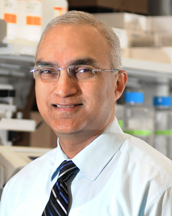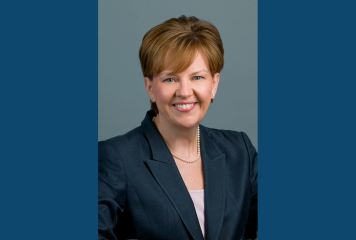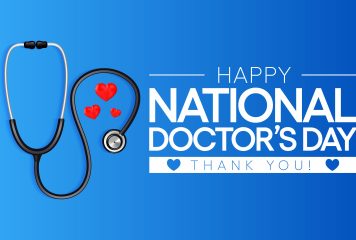Summary Report: Fall 2019 Endocrinology, Diabetes, and Metabolism Board Meeting
October 23, 2019 | Posted by ABIM | Uncategorized
Fall 2019 Meeting
At our fall meeting, the announcement by ABIM regarding the development of a longitudinal assessment option for Maintenance of Certification (MOC) was a primary focus of our discussions. We also touched on a number of other key issues for ABIM and the endocrinology community, and received important updates from ABIM leadership. The following is a report on the highlights of our meeting.
About the Longitudinal Assessment
Richard Baron, MD, ABIM President and CEO, addressed the Endocrinology, Diabetes, and Metabolism Board and provided an update on the announcement of the longitudinal assessment pathway, and reactions of society partners and diplomates. He also described ongoing planning activities related to the development of the new pathway and efforts to gain input from all of those in the physician community who have a vested interest.
You are invited to share comments here, and additional information on the development of the longitudinal assessment option and a timeline for its development will be provided at a later date.
During Dr. Baron’s update, there was also a conversation about the ABIM Foundation’s Trust in Health care initiative, and how having an objective and demonstrable standard that physicians can meet can help build trust with patients and in other health care sectors.
Following Dr. Baron’s update and presentations from other ABIM staff on the proposed longitudinal assessment option, the Endocrinology, Diabetes, and Metabolism Board shared their thoughts on the new pathway, and how it would work for endocrinologists.
- The Endocrinology Board was interested to know whether assessment specialization based on ‘Practice Profiles’ would still be implemented as part of a longitudinal assessment pathway, and members were advised that this is still the intent. Practice Profiles were first explored with the Specialty Board in 2018 as a proposed way forward to address customizing MOC assessment content.
- The group talked about what role societies could play in building some of the content for the new pathway, and about what the ‘tipping point’ was for ABIM to move toward longitudinal assessment. This led to a rich conversation on incorporating educational value and summative assessment into the MOC program.
Pre-Fellowship Procedures
The Endocrinology, Diabetes, and Metabolism Board held an in-depth discussion of procedural competencies internal medicine residents should be expected to have in order to transition successfully to an endocrinology, diabetes, and metabolism fellowship, i.e. pre-fellowship procedures. The concept of “pre-fellowship procedures” came out of the Internal Medicine Board’s decision that all residents must do some procedures, but not all residents must learn the same procedures and Program Directors must make opportunities available to become competent in practice-specific procedures needed for their next level of training.
Christopher McCartney, MD, President of the Association of Program Directors in Endocrinology, Diabetes, and Metabolism (APDEM), joined the meeting by phone and provided his input on this discussion. Endocrinology Board Chair, Ashok Balasubramanyam, MD, plans to connect with Dr. McCartney about vetting APDEM members on pre-fellowship procedures.
Exam Committee Update
In an organization-wide effort to enhance the connection between Exam Committees and their corresponding Specialty Boards, the Endocrinology, Diabetes, and Metabolism Board Exam Committee Chair, Paul Ladenson, MD, briefed the group on how Exam Committee work is evolving to meet the demand for more questions for ABIM assessments. This entails collaborating with ABIM Item-Writing Task Forces whose work contributes to developing content by utilizing an innovative, model-based approach. The Task Forces’ question development techniques involve establishing a set of specifications for creating exam questions for a given content area. These specifications are then used to produce many high-quality questions in a given subject area.
Diplomate Professional Profiles
The Diplomate Professional Profile is currently being updated to include specialty-specific questions. Once it is finalized, diplomates will be asked to complete a periodic survey about the characteristics of their professional activity so that ABIM can assure relevancy of our programs and assessments based on what physicians see in practice. Members reviewed the questions that all diplomates answer on the survey, regardless of specialty. In addition, they reviewed and offered refinements to the endocrinology, diabetes and metabolism-specific questions that all diplomates maintaining certification in endocrinology, diabetes, and metabolism will be asked.
In Closing
The Endocrinology, Diabetes, and Metabolism Board welcomes feedback and commentary from diplomates, society partners and the greater medical community. We hope you find this report to be valuable and informative.
Do you have any questions? Are you interested in how to get involved?
If you have questions after reading this report, please connect with us through the following channels:
- Subscribe to blog.abim.org for regular updates
- Call:1-800-441-ABIM (2246)
- Email: request@abim.org
- Join our Governance to help guide our future direction
- Join our Community Insights Network to share your feedback.




